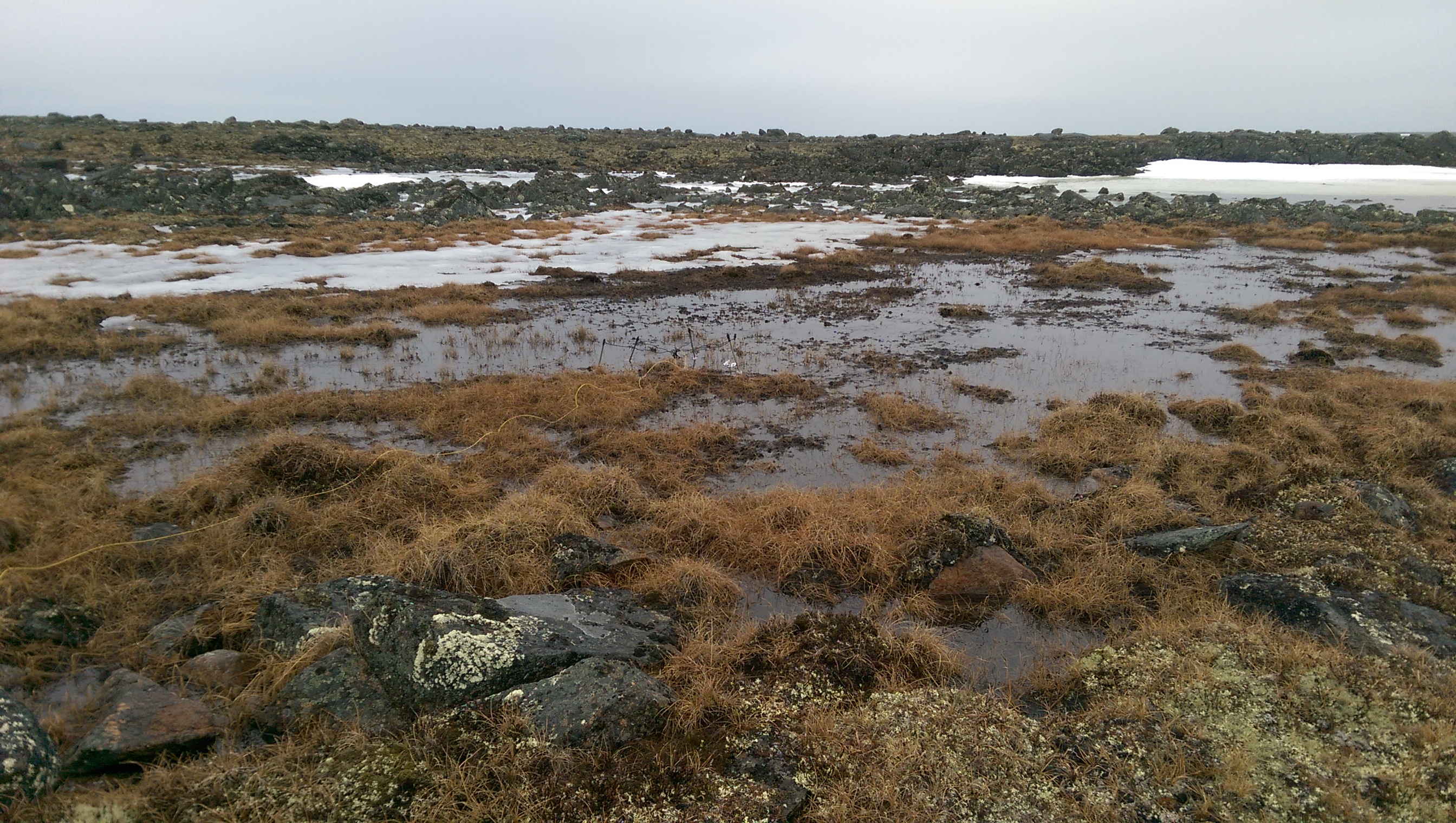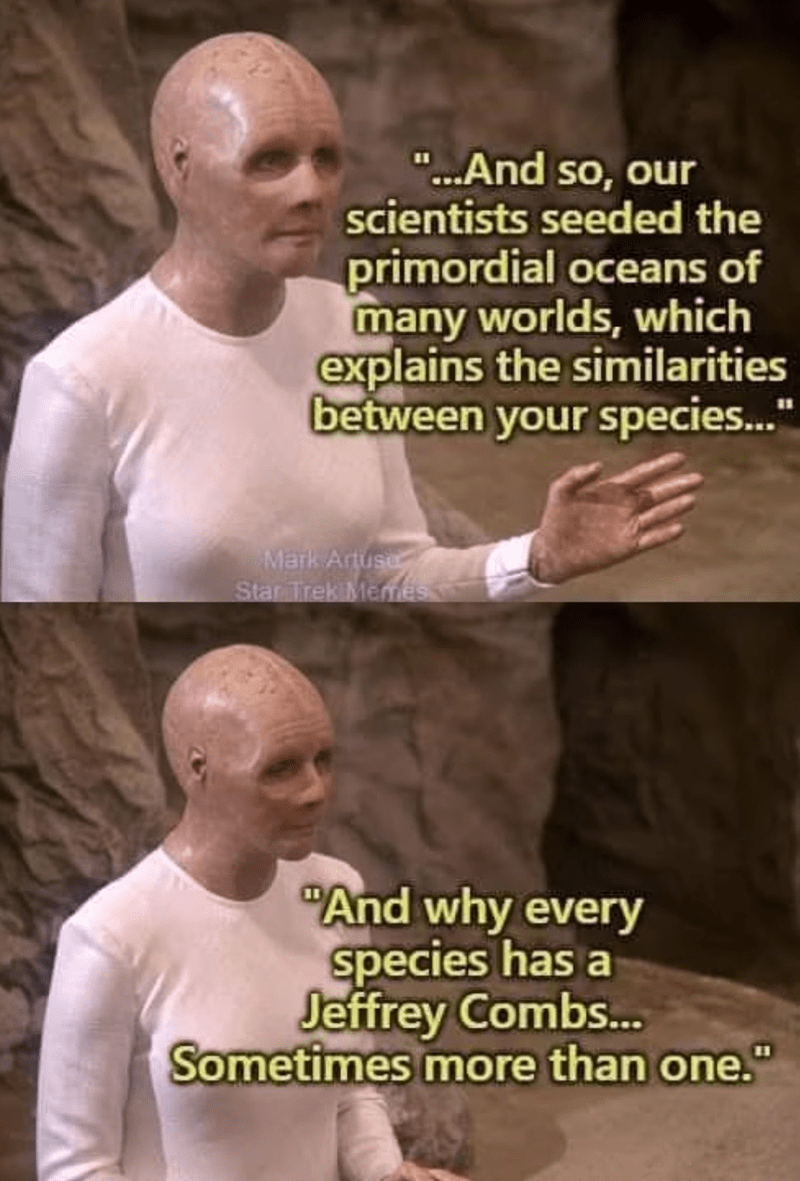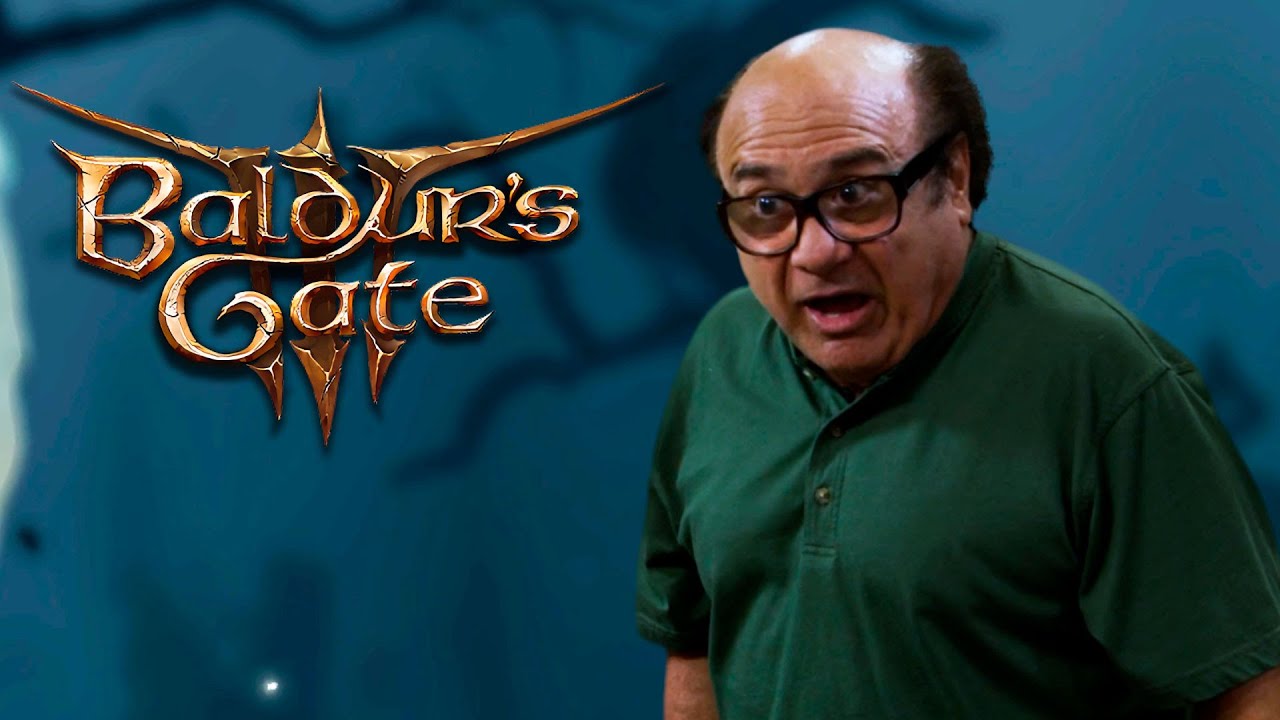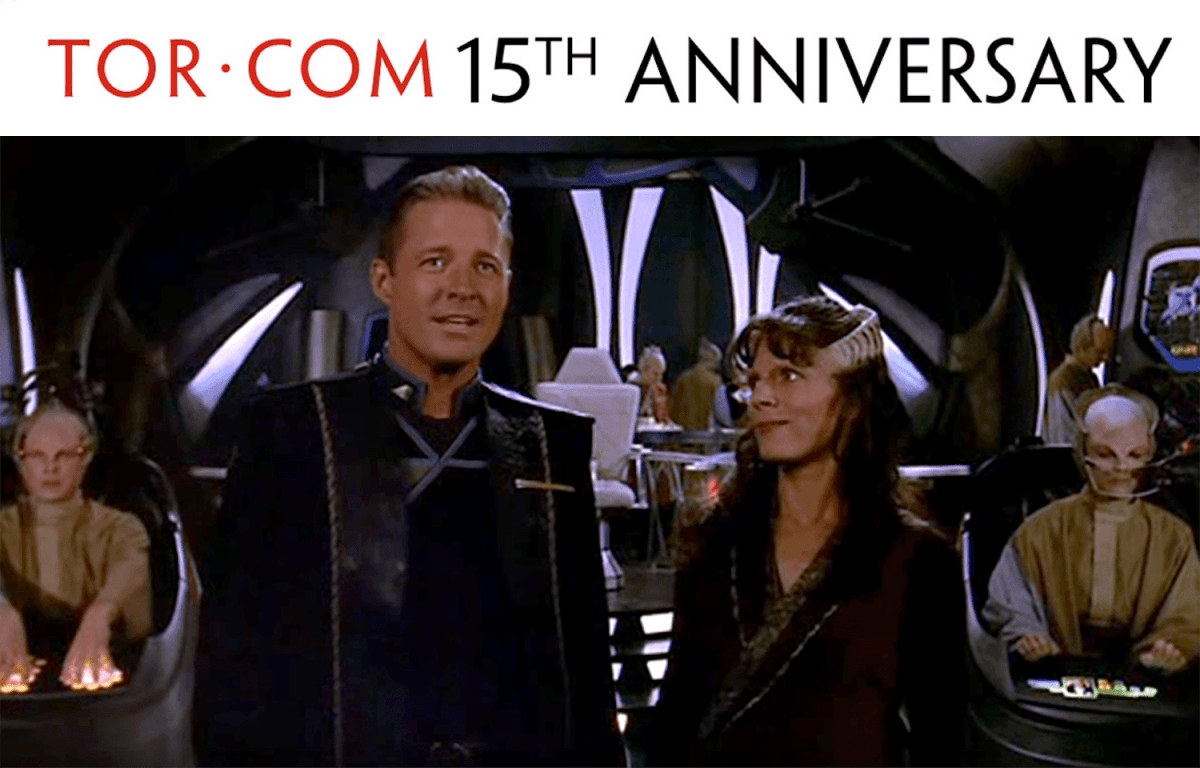Generally speaking, I like duck typing for function inputs, but not as much for function outputs (unless the functions are pure mathematics).
Centrist, progressive, radical optimist. Geophysicist, R&D, Planetary Scientist and general nerd in Winnipeg, Canada.
troyunrau.ca (personal)
lithogen.ca (business)
- 19 Posts
- 278 Comments
Duck typing is the best if fully embraced. But it also means you have to worry just a little bit about clean failures once the project grows a little. I like this better than type checking relentlessly.
It also means that your test suite or doctests or whatever should throw some unexpected types around now and again to check how it handles ducks and chickens and such :)
The ideal result? LLMs are just early versions of much better things that come later.
The unlikely result: we develop a separate human curated internet somewhere, complete with verification that a human wrote every bit. Basically verifiable digital id and signing on everything. Maybe.
The probable result: the internet turns to shit as AIs are trained on content created by AIs.

 5·6 days ago
5·6 days agoShakes magic 8-ball

 112·15 days ago
112·15 days agoHot take. But put it in the context of the year it was aired, not today. Star Trek (and sci fi in general) was suffering from being perceived as “blue babes and laser guns”.
This episode was thoughtful if taken as standalone. And TNG really was about taking the episodes more or less independently. The season long story arcs and such didn’t exist. People weren’t binge watching. So the world building was less important than the specific hypothetical moral quandary of the week. Like, they are almost like Asimov short stories with a shared cast.
It wasn’t until a few years later that serialized TV even really became a thing – Twin Peaks probably was the first here, but Babylon 5 would have a good claim (and DS9, Buffy, and others were coming together then too). So the style of storytelling on TNG S2 is different.
Divorce the story from Star Trek and the setting and evaluate it as a sci fi ethical quandary. And in that framework, it is a remarkable episode.
Also, Brent Spiner played it well :)
Depending on the carrot, the skin can be significantly more bitter. And sometimes peeling can be quicker than trying to scrub dirt out of particular lumpy carrots.
YMMV
def bathroom(customer): return False
Damn. Need to wrap that whole bar in a try: except: that just silently fails. Solves all the issues and you go to another bar.

 131·17 days ago
131·17 days agoSo much uncanny valley creepy vibes when it does that. Like you’re anthropomorphizing and suddenly it snaps you out of it haha.

 41·18 days ago
41·18 days agoGit is a sort of proto-blockchain – well, it’s a ledger anyway. It is fairly useful. (Fucking opaque compared to subversion or other centralized systems that didn’t have the ledger, but I digress…)
First question first. The ions in the salt dissociate with one another and more or less freely flow in the water.
Second, as far as I know, the hypochlorite ion has a covalent bond holding it together. It’s just not a very stable bond.
Soap does it differently, allowing non polar molecules (like oils) to be dissolved in water by acting as a bridge between the two. It usually doesn’t actually modify the compounds. Just acts as an adapter.
Bleach has more in common with acid based cleaners in the chemical disruption sense.
Just don’t mix bleach and acids or you might actually die.

 16·26 days ago
16·26 days agoGacha mechanics are patentable in games in Japan?
Man, patents just need to go away.

 20·26 days ago
20·26 days agoTl;dr: Bleach is a salt with one of the ions being unstable. When that ion decomposes, the resulting oxygen and chlorine are disruptive to other chemistry.
Salts refer to the type of bond involved – ionic bonds. Typically a salt is a positive ion and a negative ion that just sort of stick together due to their charges. These bonds aren’t very close, and a salt molecule is easily dissolved in water. Once in water, the ions just sort of mix freely with the water molecules.
So here’s the thing. Household bleach is sodium hypochlorite, which is technically a salt. They just sell it already dissolved in water at the right strength. The sodium ions in it is identical to the sodium ions in table salt. But the hypochlorite is the key here. This ion is made of a single oxygen and a single chlorine bound to one another. The hypochlorite isn’t actually that stable (the solid form could be used as an explosive, actually), and in the presence of other molecules, tends to break down releasing oxygen and chlorine, neither of which are stable by themselves and will prefer to bond to something immediately. Both oxygen and chlorine are strongly electronegative and will bind fast and hard to other organic materials in such a way that they disrupt those materials. After the materials are disrupted, they tend to dissolve easier in water for removal.
Tangent: most household bleach has a significant amount of sodium chloride in it, as a byproduct of the manufacturing process. And it isn’t worth it to purify the sodium chloride out of it so they just leave it in there.

 481·27 days ago
481·27 days agoIt’s barely even funny at this point.
Although I’d quibble about Newsweek defining this guy as an oligarch. He was vice president at a company that was disbanded due the company president’s opposition to Putin. It’s very possible this guy is just a former executive that refused to bend or hand over some dirt or something. It doesn’t appear he fits the definition of oligarch at all.
Unless we’re just using the word to refer to all Russians above peasant.

 8·27 days ago
8·27 days agoIt was designed from its very start to be used for numerical computing. So the language it built around it and it sort of excels in that use case.
This used to be the holy bible of numerical methods, if you want to see some sample code: https://s3.amazonaws.com/nrbook.com/book_F210.html

 10·27 days ago
10·27 days agoA lot of the underlying libraries in python are actually written in Fortran (or were when they were conceived, and the Fortran components later replaced). Numpy, for example, was originally pretty much a wrapper on top of BLAS and LAPACK.

 6·27 days ago
6·27 days agoThis gets even more complex if you’re using a toolkit of some sort. C++ has a batteries-included way of doing something, then STL has another, and Qt yet another… Etc.


















Probably the money paid for whomever Alex Jones lost lawsuits against – so like Sandy Hook victims.